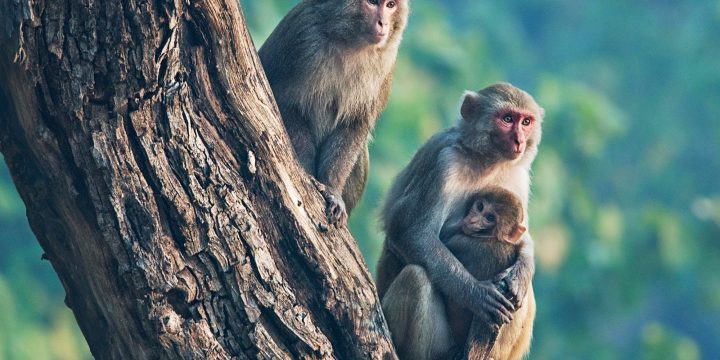
linkedin post 2020-01-07 06:32:43
LONG DISTANCE COLLABORATION. "Dr. Nicolelis added a touch of international drama by locating one rat at Duke, in North Carolina, and another in Natal, Brazil. Similarly, in his earlier work, he had a monkey in North Carolina operate a robotic arm in Japan." http://www.nytimes.com/2013/03/01/science/new-research-suggests-two-rat-brains-can-be-linked.html View in LinkedIn



